
The 2016 Brookings Financial and Digital Inclusion Project Report
Advancing Equitable Financial Ecosystems
Recommendation
Working toward financial inclusion is not only about a country developing its financial services sector; it also requires that all individuals have ready access to and can use those resources. The Brookings Institution’s 2016 assessment of financial inclusion scores 26 developing nations on the factors influencing the participation of their lowest-income citizens in the financial system. This user-friendly report provides ample country-specific data and suggestions for increasing financial inclusion. getAbstract recommends this comprehensive study to policy makers, financial executives and activists seeking to extend financial services to all population segments.
Summary
About the Authors
John D. Villasenor, Darrell M. West and Robin J. Lewis work at Brookings’ Center for Technology Innovation.



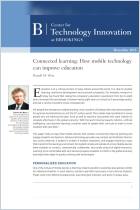
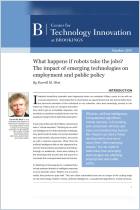

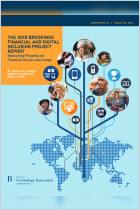
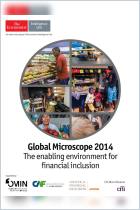
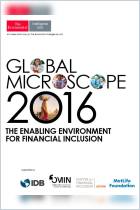
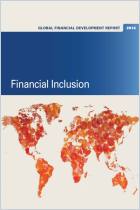
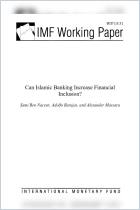

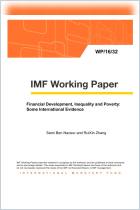








Comment on this summary